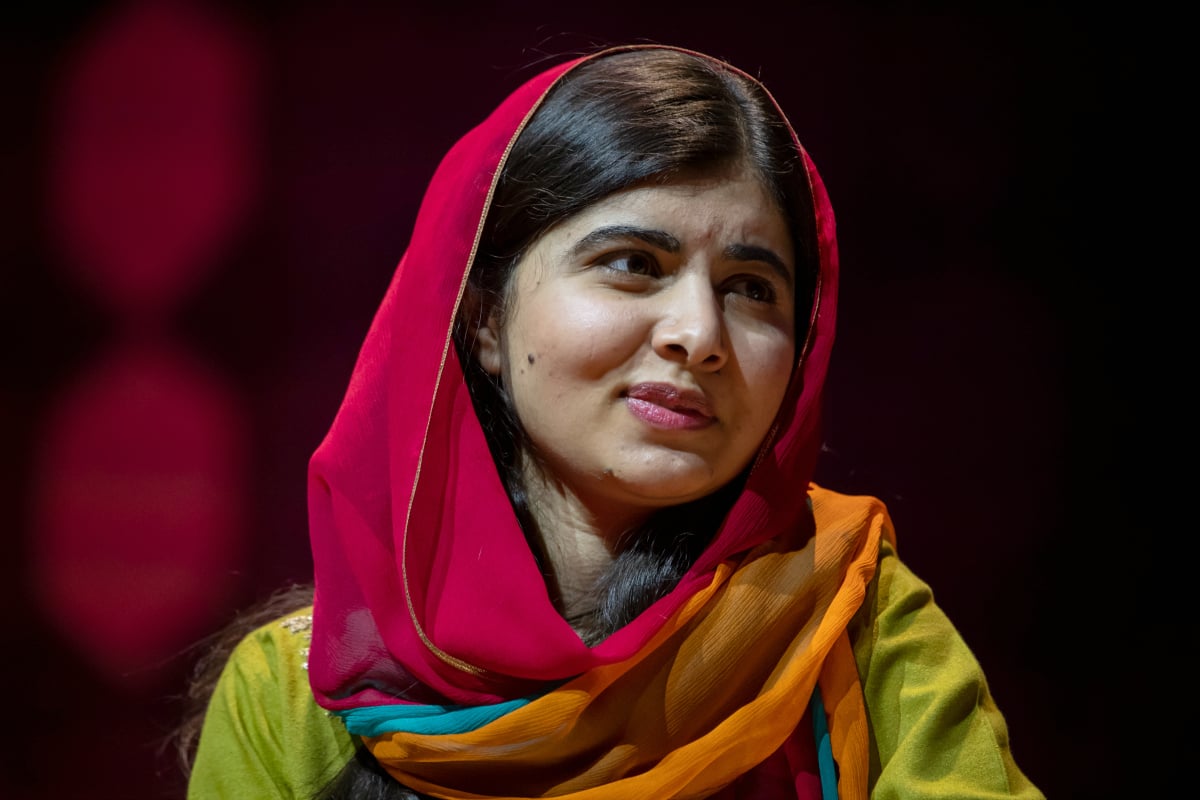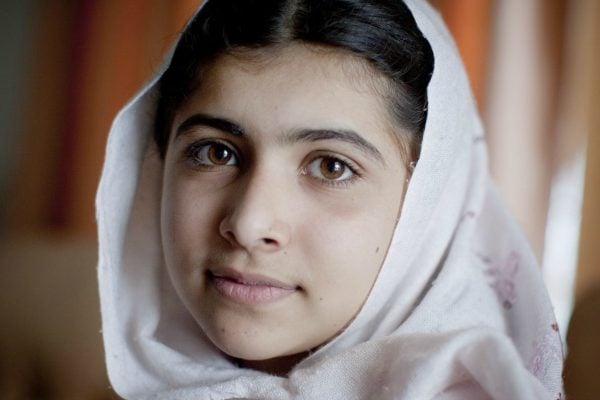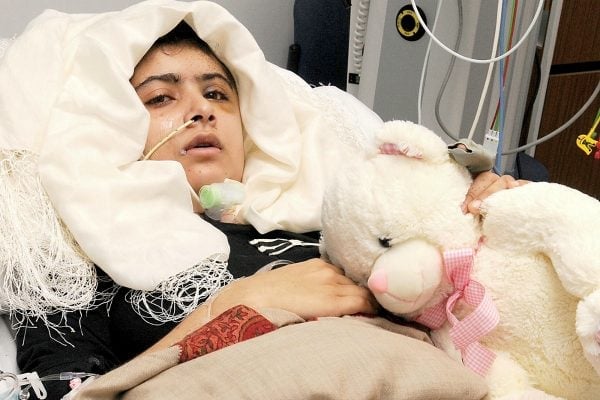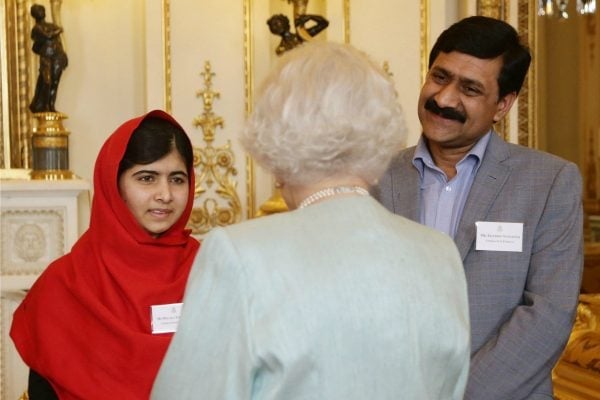
When Malala Yousafzai woke at Queen Elizabeth Hospital Birmingham in October 2012, she first thanked God she was alive. The 15-year-old’s last memory was from a week earlier, travelling on a school bus with her friends in Swat Valley, Pakistan. She remembered the bus turning off the main road, as always, past an army checkpoint and a long-deserted cricket ground. The rest was blank.
Yet here she was, in a foreign hospital, surrounded by white doctors, thousands of kilometres away in a city she’d never heard of.
Unable to speak due to the breathing tube in her throat, her vision blurry, Malala was handed a pen and a pink exercise book. She scrawled two questions:
“Where’s my dad?”
“Who’s going to pay?”
***
Malala might not have recalled what happened on the bus that day. But before she even woke, millions around the world knew her story. She was the girl who had stood up to the Taliban.
As the terrorist organisation increased its stranglehold on parts of her country in the early 2000s, women were gradually stripped of their rights and forced back into their homes; markets were suddenly off limits, shops bore signs banning them from entry, burqas were the expected form of dress.
Then in December 2008, news came that girls in Malala’s region would be banned from going to school. Malala and her father, Ziauddin – a school founder, activist and proud feminist – stood up and spoke out against this injustice. She blogged anonymously for the BBC about her increasingly restricted life, and spoke publicly on local television and radio.
































































































